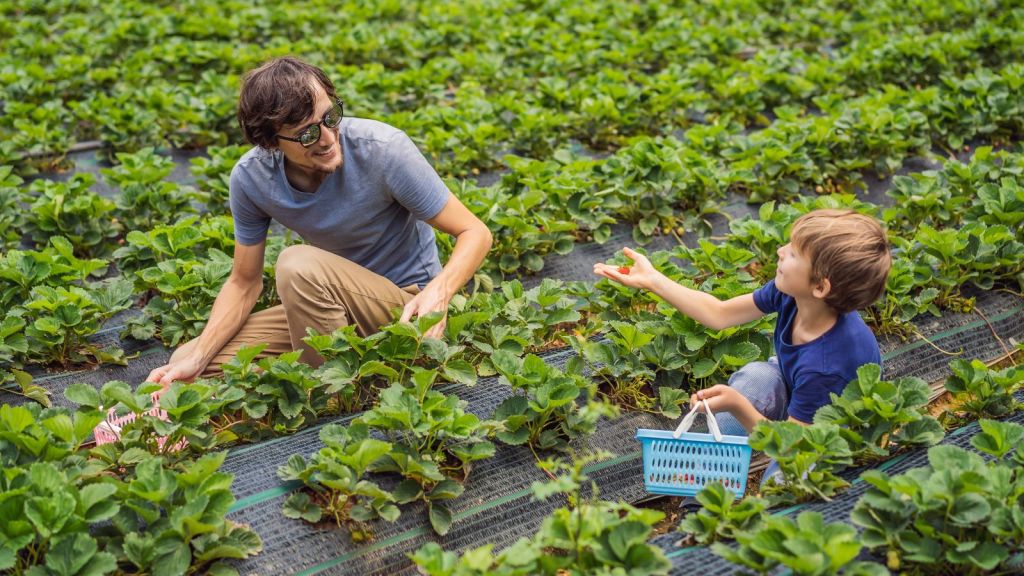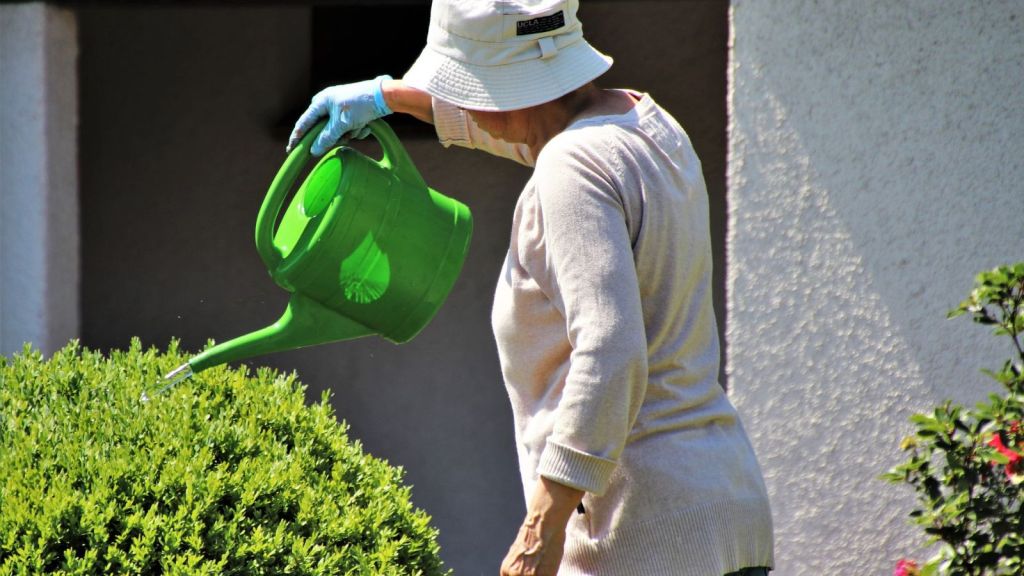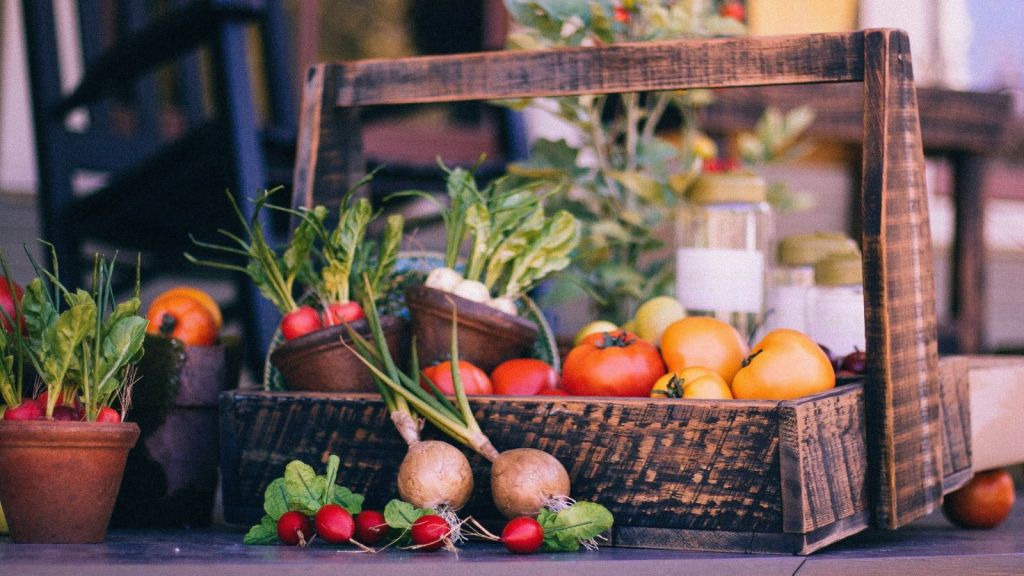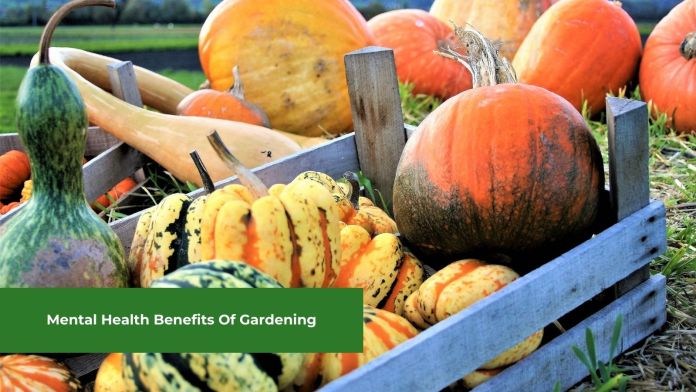Easily lost in the relentless pace of today’s world, it’s not uncommon for you to lose sight of what truly matters – wellness. Imagine engaging in gardening that silences the noise and soothes your mind. It’s like crafting serenity with your hands, dipping them into warm soil, connecting with nature at its rawest form, and reigniting your creative sparks. Yes, gardening! Enshrined as an avenue to mental tranquility, gardening is more than a hobby; it’s a journey into self-connectedness and improved wellness.
Benefit #1: The Nature-Wellness Connection & Therapeutic Effects
The way we connect with nature can significantly impact our well-being. Being a part of this diverse world means that nature influences how we feel – it can bring us joy, peace, and a sense of fulfillment. Have you ever noticed how calming and therapeutic it feels to experience nature with all your senses? The sweet smell of blooming flowers, the vibrant green leaves, the delightful bird songs, or the comforting touch of soil through your fingers can do wonders for your overall health and happiness.
Therapy can come in different forms, including traditional settings with scented candles and therapists and in unique ways like gardening therapy. This therapy involves working with plants and doing plant-related activities to improve physical and mental health. Engaging in tasks like planting seeds or moving flowers to pots can be so absorbing that it helps reduce stress and keeps worries at bay. Embracing gardening therapy allows you to connect with nature meaningfully and healingly, caring for plants and yourself.
Though gardening’s therapeutic impact may be apparent to those who indulge in it regularly, it’s always reassuring when these experiences obtain scientific backing. Numerous studies consistently validate gardening’s positive effects on mental health conditions like anxiety, depression, reduced cortisol levels (stress hormone), improved mood, and improved quality of life.
Benefit #2: Nurturing Self-esteem & Personal Growth
Gardening is more than just planting seeds in the ground; it calls for nurturing, patience, creativity, and resilience, which are prerequisites for personal growth and boosting self-esteem. As you watch your painstakingly nurtured plant sprout from seedlings to full-grown plants or trees bearing fruits or flowers beautifying your surroundings, a sense of achievement fills up.

Just like Dan’s Plumbing supporting BeyondBlue – an Aussie initiative promoting mental health awareness – practicing regular gardening can simultaneously encourage physical wellness and mental prosperity.
Read more: Gardening At Home and Its Psychological Benefits.
#3. More Chances Of Getting Sunlight Exposure
It’s common knowledge that sunlight is a primary source of Vitamin D. Proper exposure aids in maintaining healthy bones and teeth. Vitamin D sourced from natural sunlight also helps fortify your immune system. Don’t hesitate to spend time in the garden under the bright sun; it can help lower high blood pressure and improve brain function.
Till the soil, water the plants, dig holes for new seeds – every action creates an environment conducive to a light exercise routine. This mindful physical activity mimics low-impact exercises that enhance cardiovascular fitness, muscle strength, and flexibility, notably increasing hand strength and agility.
#4. Impacts On Your Physical Health
I know this might sound a bit off-topic, but it’s a waste, not to mention the positive impacts gardening has on our physical health. Gardening offers a range of physical health benefits that go beyond its therapeutic effects. Engaging in gardening activities provides us with essential tools for a healthier lifestyle. Firstly, spending time outdoors while gardening allows us to soak up the natural sunlight, which is a primary source of Vitamin D. This helps strengthen our bones and teeth and also boosts our immune system. Secondly, gardening involves moderate physical activity, such as digging, planting, and weeding, which improves cardiovascular fitness, muscle strength, and flexibility. These low-impact exercises promote better overall physical health and well-being.

Moreover, having our garden gives us access to freshly grown produce from our backyard. Enjoying homegrown vegetables and fruits adds nutritional value to our diet, ensuring we consume various healthy nutrients. Gardening encourages us to make healthier food choices, leading to a wholesome and balanced diet that positively impacts our health. Overall, gardening is a harbinger of a healthier lifestyle by providing us with sunlight, physical activity, and nutritious produce to support our well-being journey.
#5. More Food For Your Stomach (And Your Soul 🙂

Finally, your kitchen garden allows you to access fresh produce from your backyard. Tomatoes ripened on the vine, or herbs plucked fresh for your dinner contribute to gastronomic delight and significantly up your nutritional intake. Growing vegetables and fruits organically ensures that your diet stays free from harmful pesticides boosting overall health.
A Few Concluding Words
Taking care of our well-being requires consistent and mindful efforts, much like how we regularly water and prune plants for their healthy growth. So, it’s time to pay attention and take action by embracing gardening therapy as a groundbreaking initiative to improve global mental health.
Let your journey to inner peace and well-being flourish like beautifully blossoming flowers nurtured with care and attention. And why stop there? Inspire others to join this path and let them experience the incredible therapeutic effects firsthand. Gardening can be a transformative and rewarding experience for everyone involved.
A few more related articles for your upcoming reads:



















